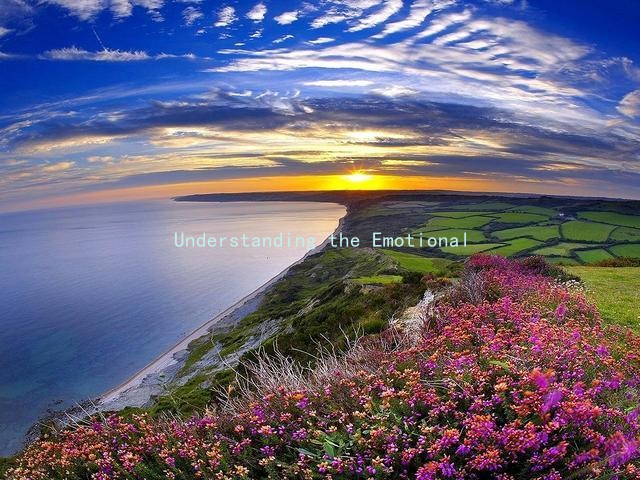Understanding the Emotional Timeline: Tips from the Reconciliation Chronicles
Understanding the Emotional Timeline: Tips from the Reconciliation Chronicles
In the journey of love and relationships, every couple faces challenges that test their bond. Understanding the emotional timeline of a relationship can be pivotal in navigating through conflicts and ultimately leading to reconciliation. Here are some insights drawn from various stories of reconciled couples, offering tips on how to effectively communicate and strengthen your relationship.
Recognize the Stages of Emotional Turmoil
Every relationship goes through ups and downs. After an argument or a significant conflict, both partners will experience a range of emotions, including anger, sadness, and confusion. Recognizing these stages is crucial. Its essential to give each other space to process feelings without pressure. Understanding that it’s normal to experience a wide array of emotions can set the stage for open communication later on.
Communicate Openly and Honestly
Communication is the backbone of any relationship. During tough times, it can be tempting to retreat into silence or engage in passive-aggressive behavior. Instead, practice open and honest dialogue. Use I statements to express your feelings without blaming your partner. For example, say, I feel hurt when… rather than You always make me feel… This approach fosters understanding and reduces defensiveness.
Practice Active Listening
One of the most powerful tools in relationship recovery is active listening. This means truly hearing what your partner is saying without preparing your response in advance. Show empathy and validate their feelings. For instance, you might say, I understand that youre feeling overwhelmed, and its okay to express that. This creates a safe space for your partner to share without fear of judgment.
Acknowledge and Validate Feelings
After a conflict, partners often feel misunderstood. Acknowledging and validating each others feelings is a vital step toward healing. Even if you might not agree with your partners perspective, recognizing their emotions can diffuse tension. Statements like, I can see why you would feel that way can go a long way in fostering a sense of unity.
Revisit Shared Goals and Values

When conflicts arise, it’s easy to lose sight of what you appreciate about each other. Revisit your shared goals and values as a couple. Discuss what brought you together in the first place and what you envision for the future. This can reignite the sense of partnership and remind you both of the bigger picture amidst the turmoil.
Engage in Light-Hearted Activities Together
Reconnecting on a lighter note can help ease the tension and foster intimacy. Whether it’s cooking a meal together, watching a comedy, or taking a walk in nature, engaging in enjoyable activities can break the cycle of negative emotions and remind you both of the joy in your relationship.
Seek Professional Help if Needed
Sometimes, conflicts may seem insurmountable. If youre struggling to communicate effectively or find resolution, seeking help from a couples therapist can provide a fresh perspective. Therapy offers a structured environment to explore underlying issues and learn healthier communication strategies.
Create a Relationship Action Plan
Once you’ve processed your feelings and discussed your concerns, create a relationship action plan. Outline steps you both can take to ensure healthier communication and prevent similar conflicts in the future. This can include setting aside regular time for relationship check-ins or establishing a conflict resolution protocol.
Practice Forgiveness
Finally, cultivating forgiveness is essential for moving forward. Holding on to grudges can create a toxic environment. Remember, forgiveness is not about forgetting — it’s about freeing yourself from the burden of resentment. Acknowledging both parties mistakes and moving on together can strengthen your bond.
In conclusion, understanding the emotional timeline in relationships allows couples to navigate conflicts effectively. By employing these techniques, partners can not only work through problems but also emerge stronger and more connected than before. Love, after all, is a journey — one that requires patience, understanding, and a solid commitment to each other.





